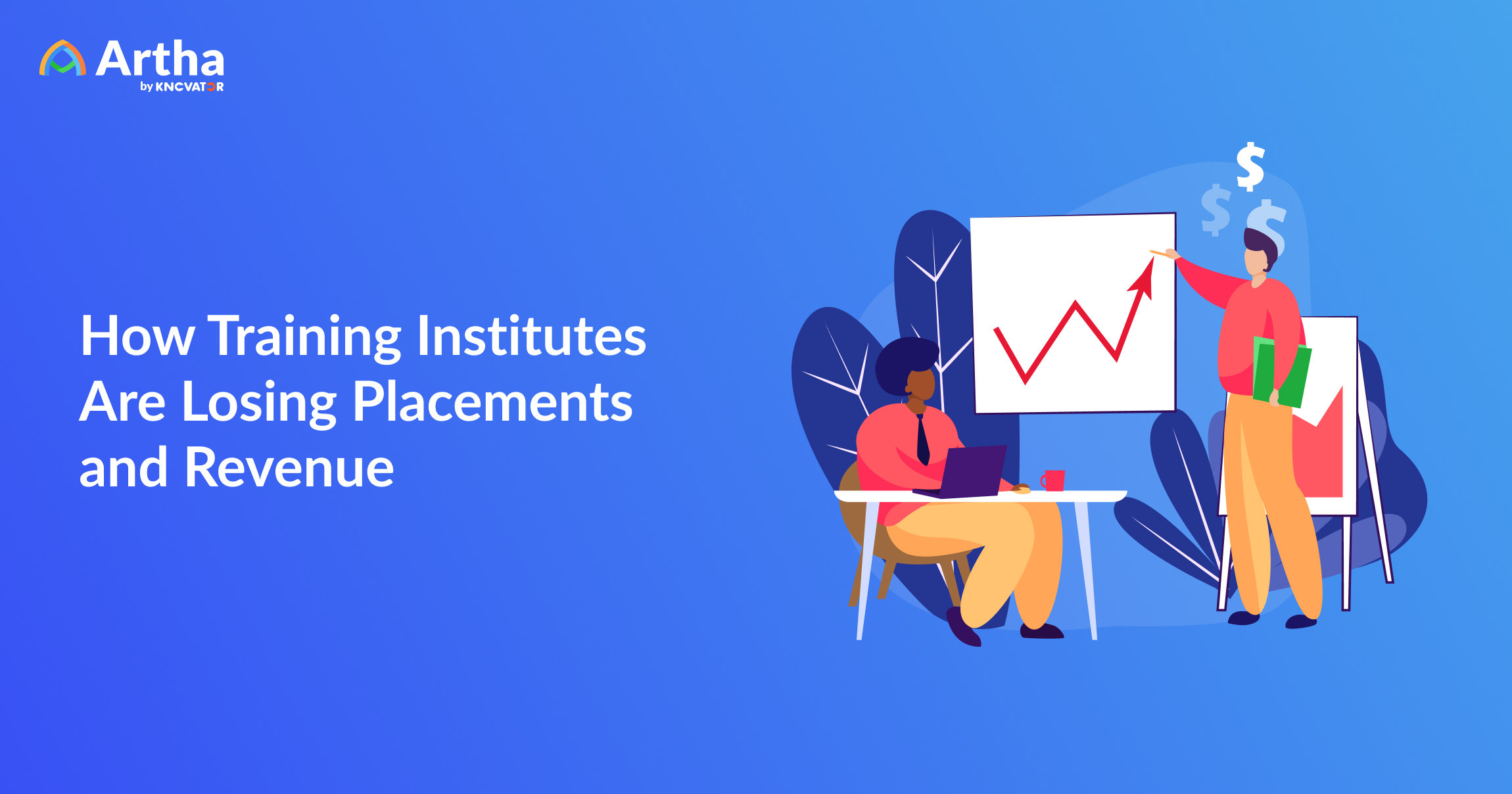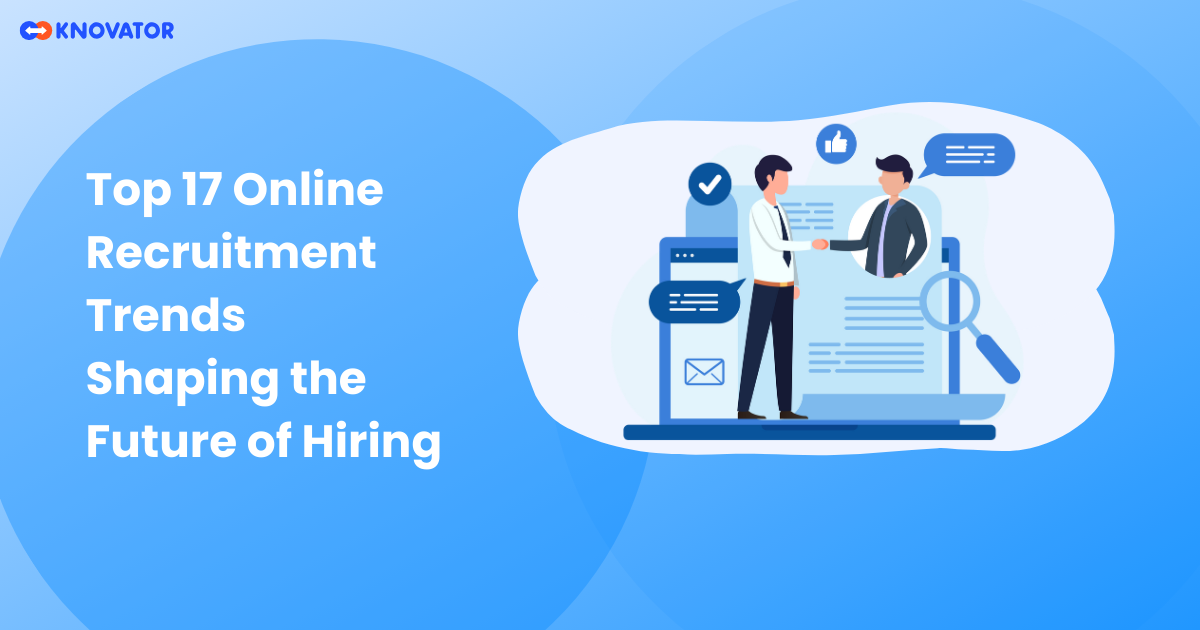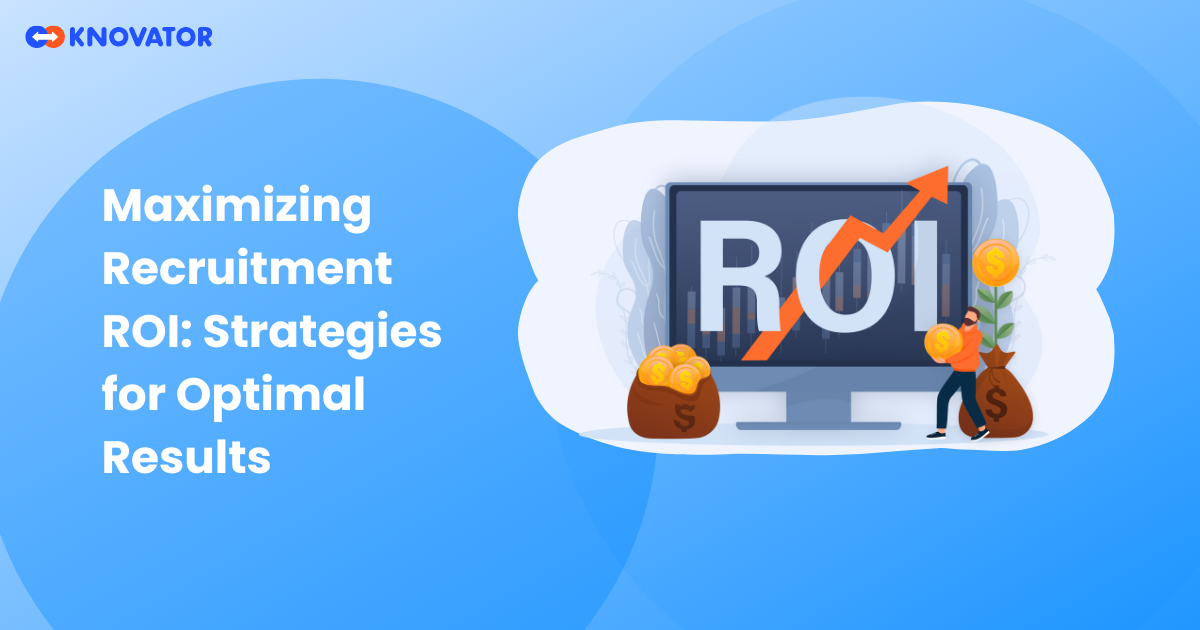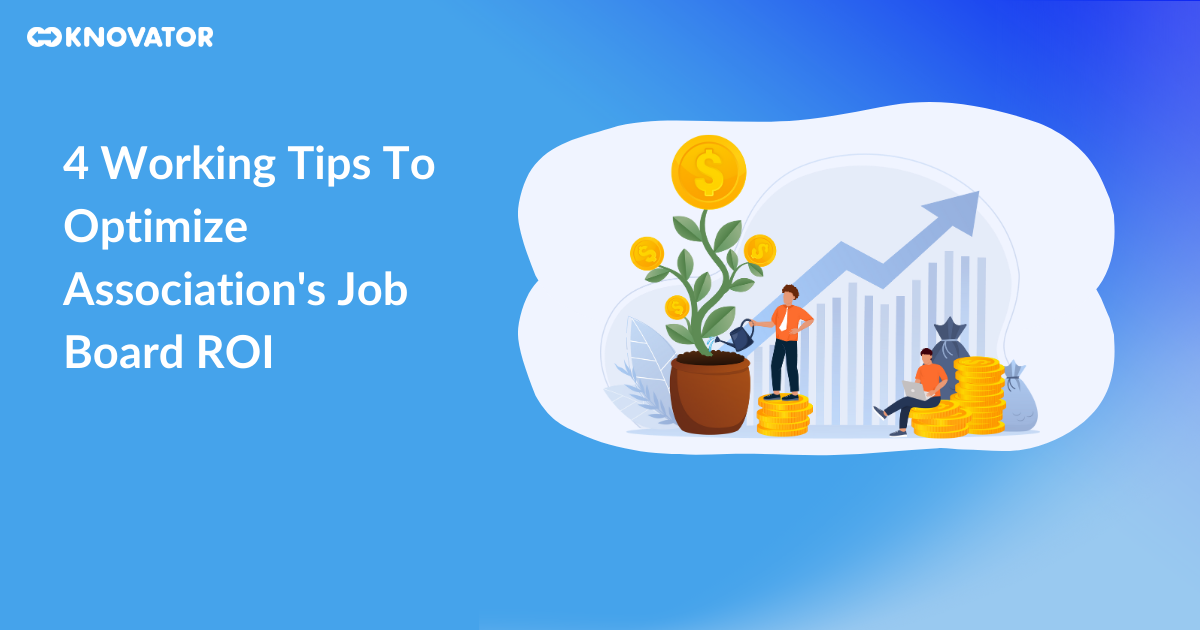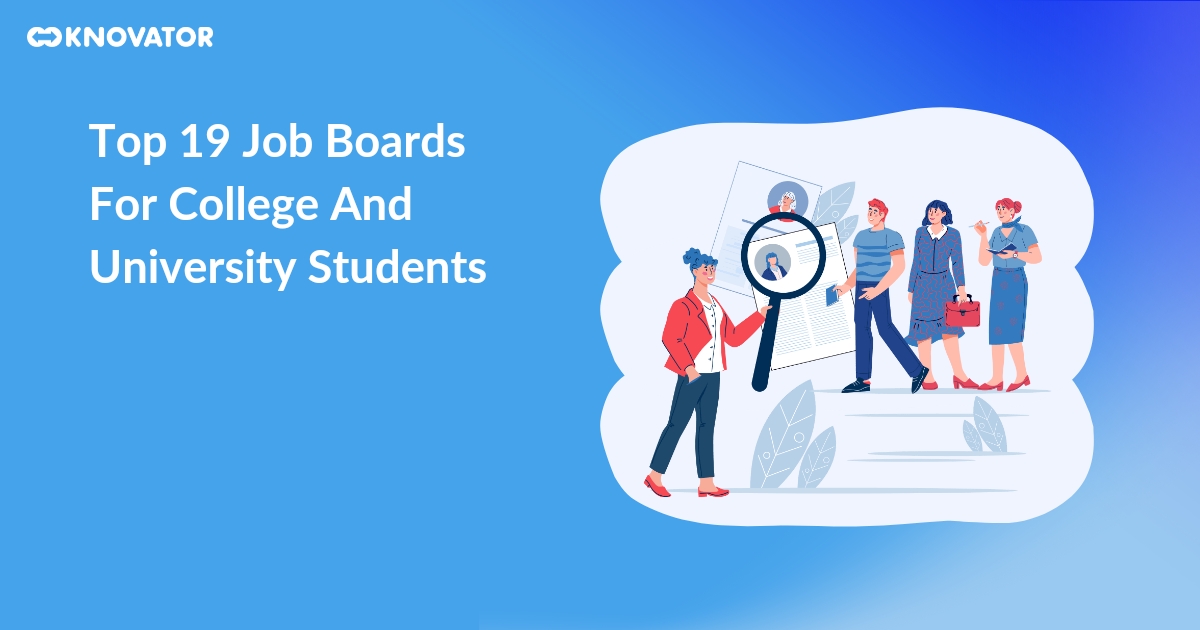Emotional Intelligence at Workplace: The Key to Enhanced Performance
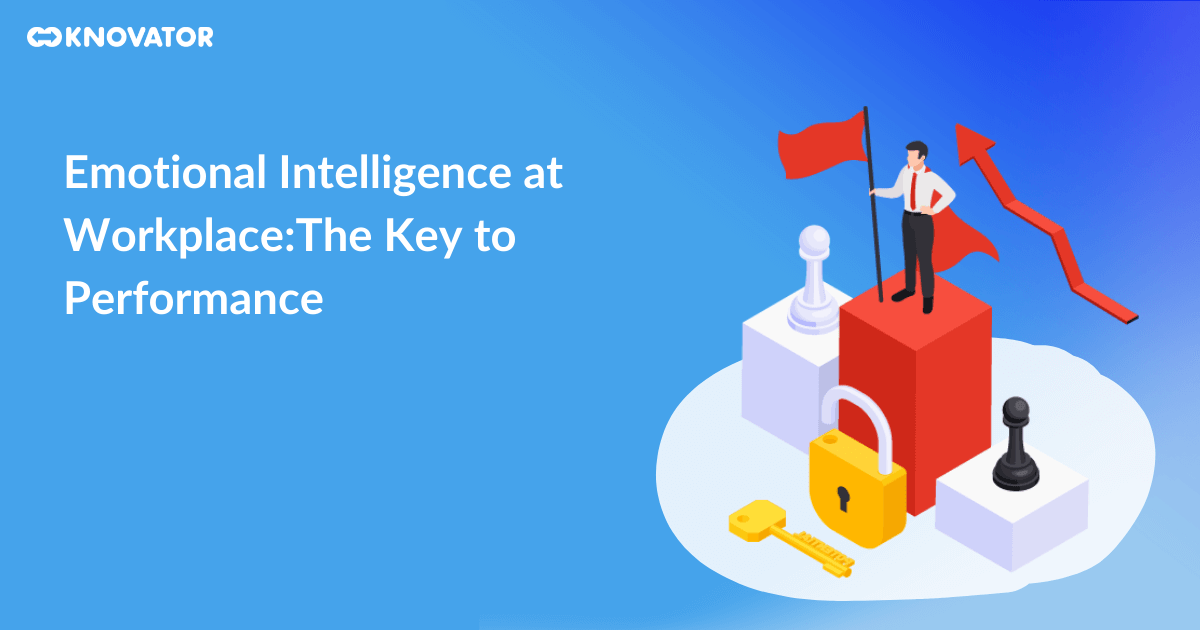
Have you ever wondered what sets exceptional employees and leaders apart in the workplace? It’s not just about technical skills or experience; it’s about something deeper – Emotional Intelligence (EI).
In today’s fast-paced and dynamic work environments, EI plays a pivotal role in determining success. Without Emotional Intelligence, misunderstandings and conflicts can easily arise, teamwork might not go smoothly, and stress levels can shoot through the roof. In other words, emotional intelligence is essential for you and your team.
In this blog post, we’ll guide you through the importance of emotional intelligence in the workplace and how to develop and use it effectively.
Let’s get started on the path to workplace success through emotional intelligence!
What is Emotional Intelligence at the Workplace?
Emotional Intelligence in the workplace is all about understanding and managing emotions effectively to enhance performance and relationships on the job. It’s about being aware of your own emotions, recognizing emotions in others, and using this awareness to make better decisions and interact more positively.
When employees use Emotional Intelligence, it helps them improve their careers and benefits the company. If a group of people at work have a good EI, it improves team relationships and creates a positive work culture.
In the workplace, you can see emotional intelligence in action through:
- Giving helpful feedback instead of criticizing individuals personally.
- Supporting coworkers by understanding their feelings and helping them reduce stress.
- Staying calm and productive when things get tough.
- Resolving conflicts between team members.
- Promoting a workplace where everyone feels comfortable expressing themselves openly.
The word “emotional intelligence” was first coined in a 1990 research paper authored by Peter Salovey and John D. Mayer, and this paper was published in the journal “Imagination, Cognition, and Personality.”
Salovey and Mayer began studying Emotional Intelligence (EI) and how to measure it. They researched where people watched a sad movie, and those who could name their feelings (emotional clarity) felt better faster.
Daniel Goleman, a psychologist from Harvard, is often credited with making EI popular. In his 1995 bestseller “Emotional Intelligence: Why It Can Matter More Than IQ,” He stated that emotional intelligence (EI) is more crucial than IQ for the success of a business model aimed at boosting revenue.
Goleman’s book also talked about the four main parts of Emotional Intelligence:
- Self-awareness
- Self-management
- Social awareness
- Social skills
Pillars of Emotional Intelligence
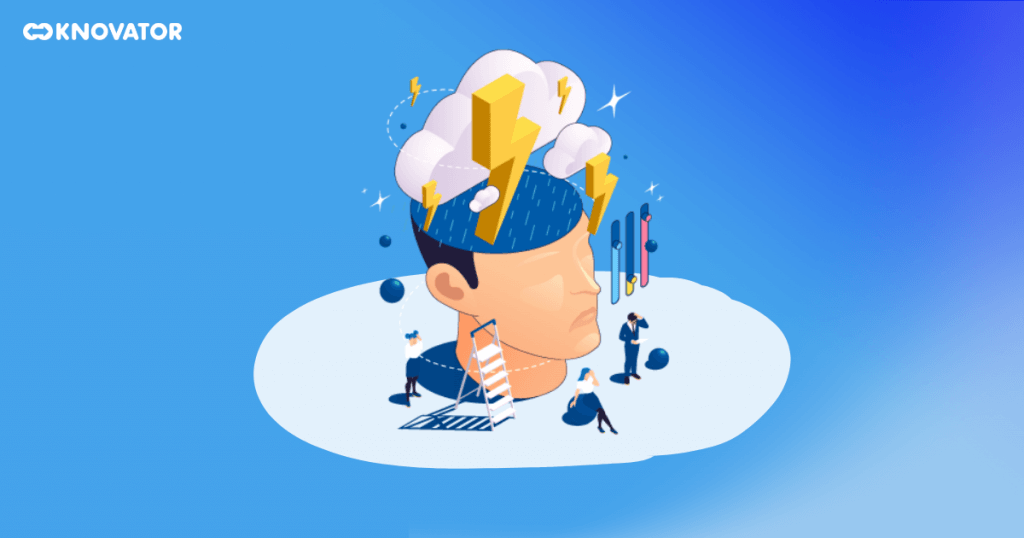
Self-Management
Self-management is all about how we handle ourselves. It helps employees stay on track, be adaptable, and keep their spirits up. For example, consider Sarah. Even when she’s facing a tough deadline, she doesn’t panic. She takes a deep breath, plans her work, and stays cool under pressure. That’s self-management in action! When we manage ourselves well, tackling challenges and staying motivated is easier.
Motivation
Motivation is like the fuel that keeps one going. Intrinsic motivation, which comes from within, is super important. Take John, for example. He loves his job, not just because of the paycheck, but because he truly enjoys the work. He’s always eager to learn and grow. That inner drive to do well and the joy in the job is intrinsic motivation. When employees are motivated this way, they perform better because they genuinely care about their work. One way to sustain motivation and keep employees engaged is through Job Rotation which introduces variety and skill development in the workplace.
Social Awareness
Social awareness is like having a sixth sense of other people’s feelings. Think about Maria, who can tell when her coworker, James, is having a bad day, even if he doesn’t say a word. She’s tuned in to his emotions and offers a supportive chat. Being aware of how others feel helps build strong connections at work. It’s like having a radar for empathy!
Social Skills
Social skills are like the tools in a friendly handyman’s toolbox. They help us interact smoothly with others and create positive outcomes. Think of Mark, who’s fantastic at resolving conflicts between his team members. He listens, finds common ground, and helps everyone get along. That’s top-notch social skills at work! When employees have these skills, they can build great relationships and teamwork.
So, these four pillars are like the superpowers of Emotional Intelligence at work. They help employees stay cool and collected, stay motivated, understand how others feel, and build fantastic relationships. Combining these powers makes you a workplace superhero, improving things for yourself and everyone around you. So, remember, Emotional Intelligence isn’t just a concept; it’s a secret weapon for success in the professional world!
Benefits of Emotional Intelligence
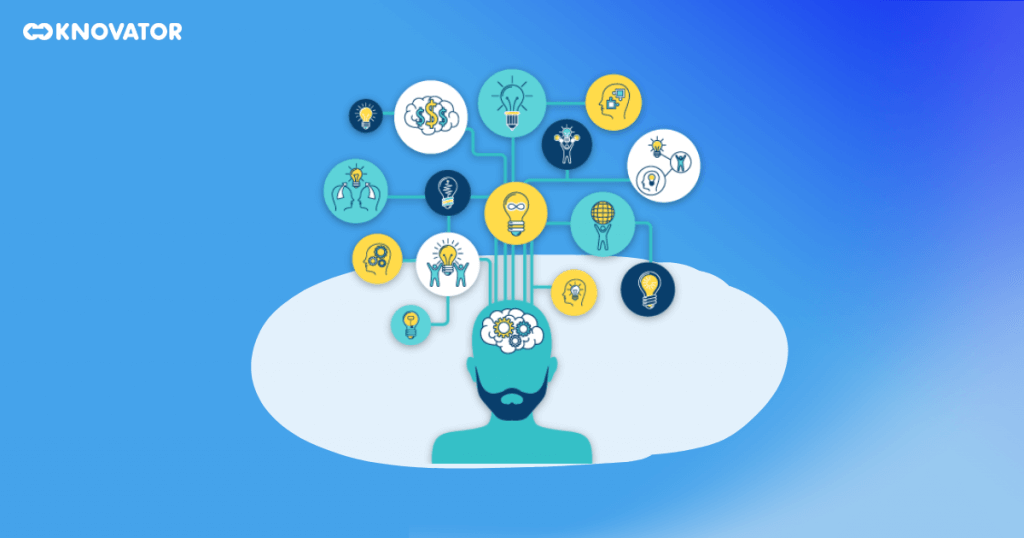
- Improved Communication: When you have good EI, you can express yourself clearly and understand others better, which is good for the team. There are fewer misunderstandings and smoother conversations with colleagues, bosses, and clients.
- Better Team Dynamics: EI helps working in a team without conflicts. You can connect with your team, support each other, and handle conflicts calmly. It makes the team stronger and more successful.
- Enhanced Decision-Making: EI helps in making smart choices for you and the team. When making decisions, you can weigh your emotions and thoughts, leading to better outcomes. It’s like having a built-in decision-making guide.
- Less Stress: With high EI, it is easy to manage stress, stay calm under pressure, and not let stress get the best of you. It keeps you healthy and focused at work.
- Positive Work Culture: EI helps create a workplace where people feel comfortable being themselves. Understanding and respecting each other’s emotions leads to a happier and more productive environment.
Therefore, having a high Emotional Intelligence isn’t just a personal trait; it’s a ticket to a better work life. It improves your communication, work with others, make decisions, handle stress, and contribute to a positive work atmosphere. So, developing EI is a fantastic investment in your career and overall happiness at work.
Strategies to Enhance Emotional Intelligence
Now instead of being the manager of the team, look at yourself as any professional. There are some simple strategies to help you become better at handling emotions at work and in your daily life. Let’s begin.
1. Understanding Emotions
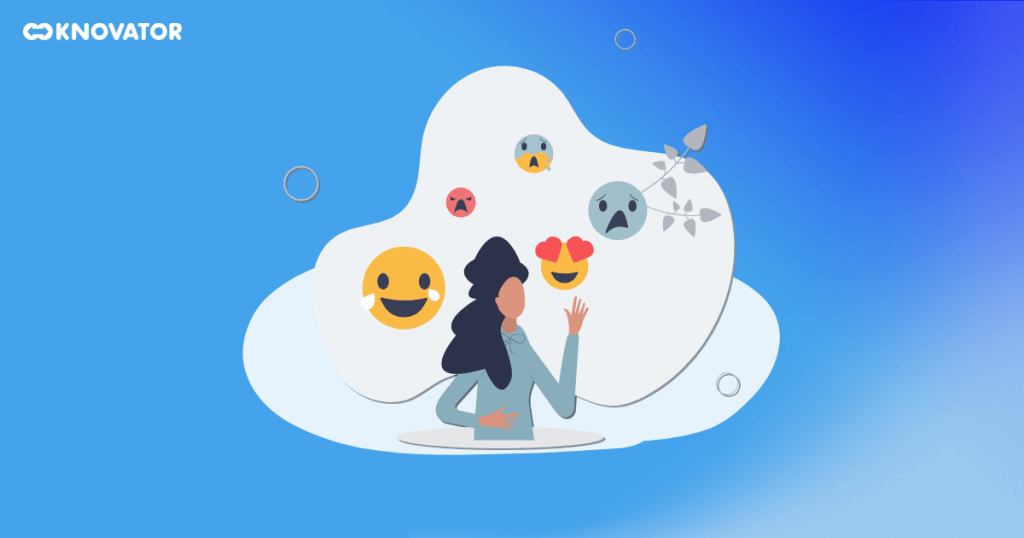
Think about how you feel at work or around your colleagues. Are you happy, frustrated, stressed, or maybe a mix of emotions? These feelings can impact the people you work with. For instance, if you’re grumpy, it might make your coworkers feel uneasy.
Sometimes, negative emotions like anger, frustration, or fear can affect how you interact with others or do your job. For example, if you’re frustrated, you might snap at a colleague, which can hurt your relationship.
Becoming aware of all this is important to improve your Emotional Intelligence. A simple trick is to name your emotions as you feel them. It makes it easier to recognize them later and see how they influence your actions.
2. Seeking Feedback
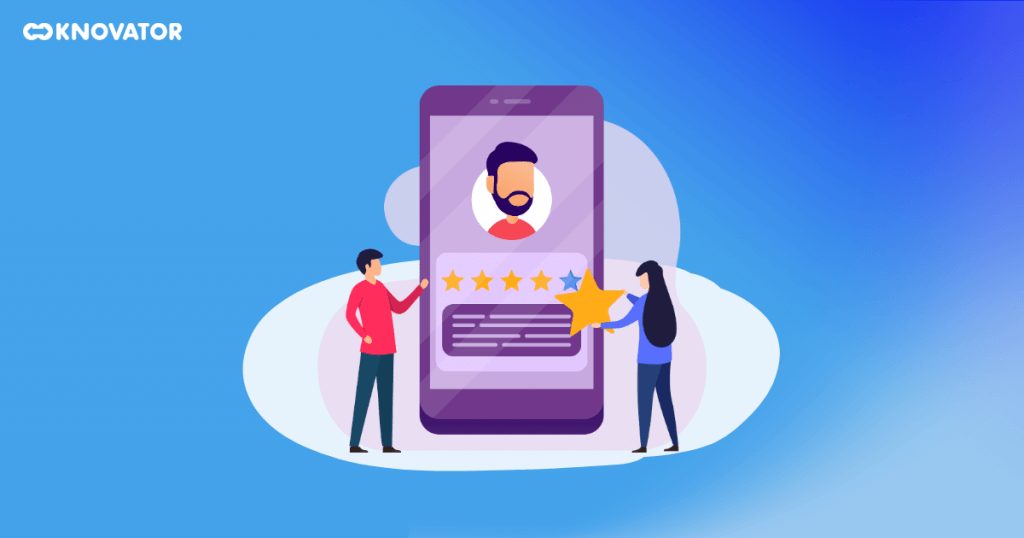
The tricky part is that they sometimes tell you things you dislike hearing. They could point out stuff that feels uncomfortable. But here’s the good part – learning to accept this feedback without getting upset or defensive is a big step in improving your emotional intelligence. So, by seeking a second opinion, you’re not just learning about yourself but also mastering the art of handling criticism. It’s like two lessons in one!
3. Respond, Don’t React
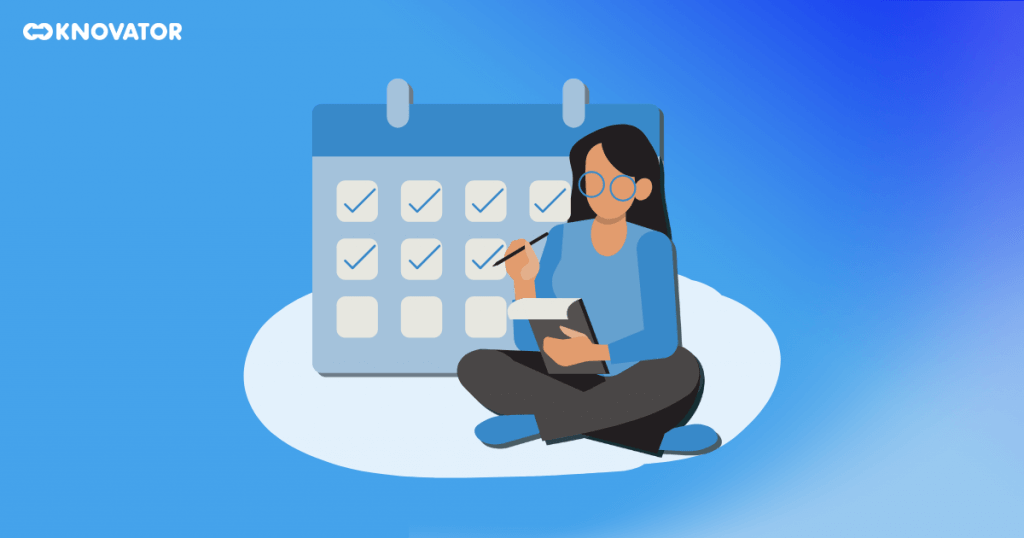
4. Active Listening

For instance, if your team-member looks upset while discussing a project, you can sense their frustration even if they don’t say it outright. Responding to their emotions can make your interactions smoother.
5. Continuous Practice
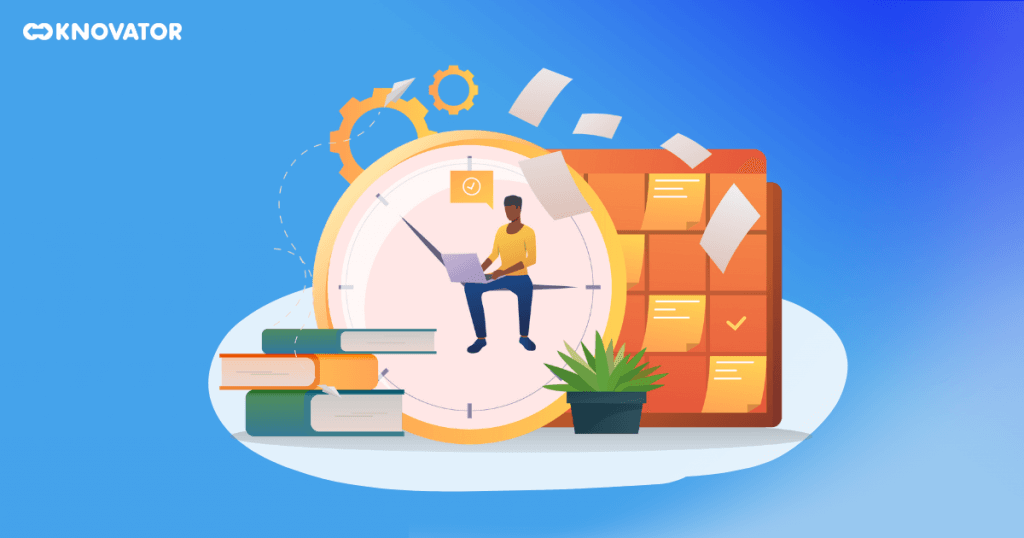
So, these strategies are like tools in your emotional intelligence toolkit. They help you understand your emotions, see yourself from different angles, handle tough situations better, listen effectively, and remind you that it’s all about practice. By using these strategies regularly, you’ll become a pro at managing your emotions and building great relationships in your workplace and beyond. So, go ahead and start strengthening your emotional intelligence muscles today!
Role of Leadership in Promoting EI

- Setting the Tone: Leaders are like role models. It sets the tone when you show that you value EI by being aware of your emotions and your team’s. Others see it as important and start paying attention to their emotions.
- Leading by Example: When practicing EI, show everyone how to do it. If a leader stays cool under pressure and resolves conflicts calmly, others learn from that. It’s like a demonstration of how to use EI effectively.
- Importance of Communication: As a good EI leader, you can communicate better with the team. Understanding how the team members feel makes it easier to lead and support them.
The takeaway: Leaders play a huge role in promoting EI at work. They show that it’s important to set an example and help create a workplace where everyone can thrive emotionally. So, when leaders lead with EI, the whole team benefits.
Challenges and Misconceptions
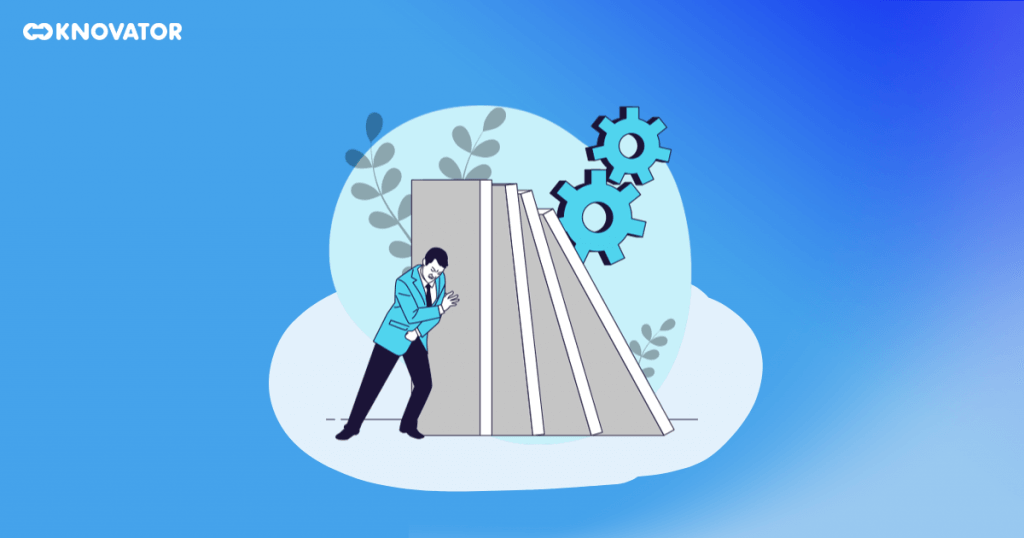
Misconceptions: People might think EI is all about being super nice all the time. But it’s not. It’s about understanding and managing emotions well. Also, some might believe it’s not important at work, but it plays a big role in success.
Challenges: Organizations can find it hard to bring in EI programs. It takes time and effort to teach everyone about EI. Plus, some might resist it because they don’t immediately see its value. So, making EI part of a company’s culture can be challenging.
However, it’s important to clear up these misconceptions and face the challenges because EI can make a big difference in how well people work together and how successful a company can be.
Top 5 Books that Help Improve Emotional Intelligence
- “Emotional Intelligence” by Daniel Goleman is a classic book that introduced EI to the world and offers practical insights for developing emotional intelligence.
- “Primal Leadership: Unleashing the Power of Emotional Intelligence” by Daniel Goleman, Richard Boyatzis, and Annie McKee is a transformative book exploring emotional intelligence’s critical role in leadership.
- “Emotional Intelligence 2.0,” authored by Travis Bradberry and Jean Greaves, is a practical guide to improving emotional intelligence (EI) in personal and professional life.
- “HBR Guide to Emotional Intelligence” is a book published by Harvard Business Review that delves into the practical aspects of emotional intelligence (EI) in the workplace.
- “At the Heart of Leadership: How To Get Results with Emotional Intelligence” is a book that focuses on the crucial role of emotional intelligence (EI) in effective leadership and achieving results in a professional setting.
Navigate Tomorrow with Emotional Intelligence
In today’s fast-paced workplaces, Emotional Intelligence (EI) is a secret weapon for success. It’s not just about being nice; it’s about understanding and managing emotions – in ourselves and others.
EI helps build better relationships, resolve conflicts, and make wise decisions. It’s like the compass that guides us through the complex maze of modern work life.
In the future, the importance of EI is likely to grow. Future workplaces will demand even more teamwork, adaptability, and empathy. Individuals and organizations should invest in developing and nurturing emotional intelligence to thrive. It’s not just a skill; it’s the key to a brighter, more harmonious future in the ever-evolving world of work.


